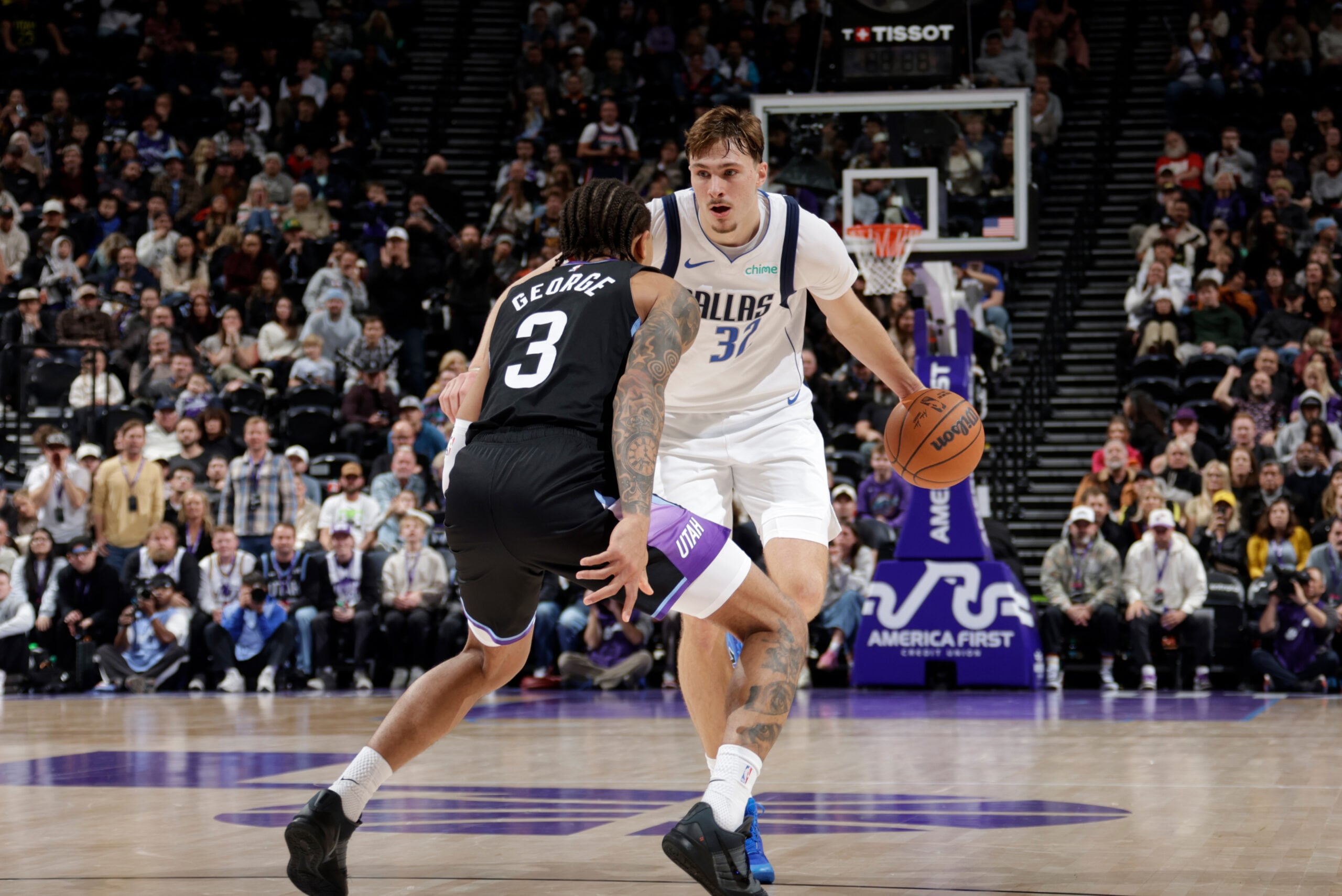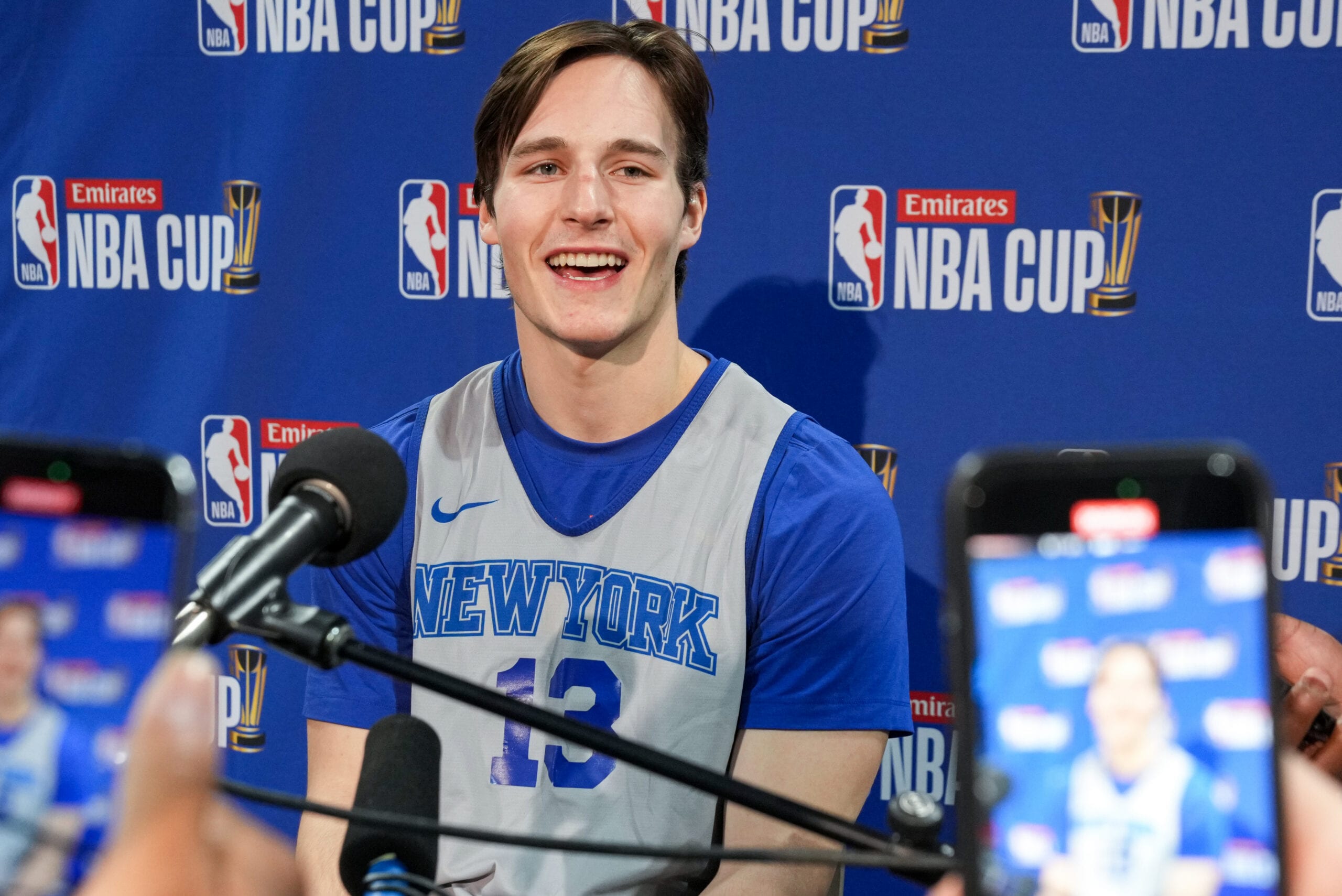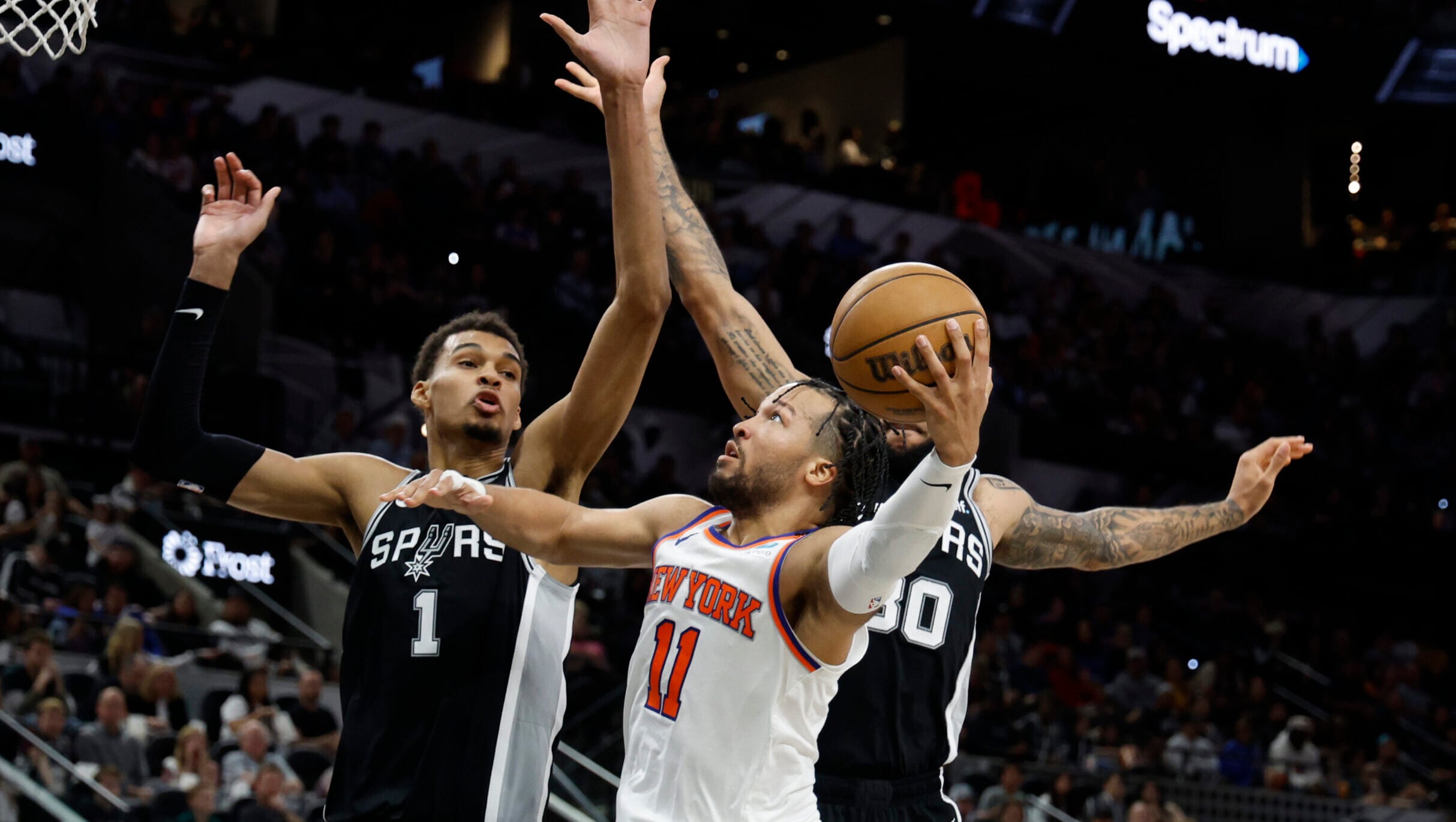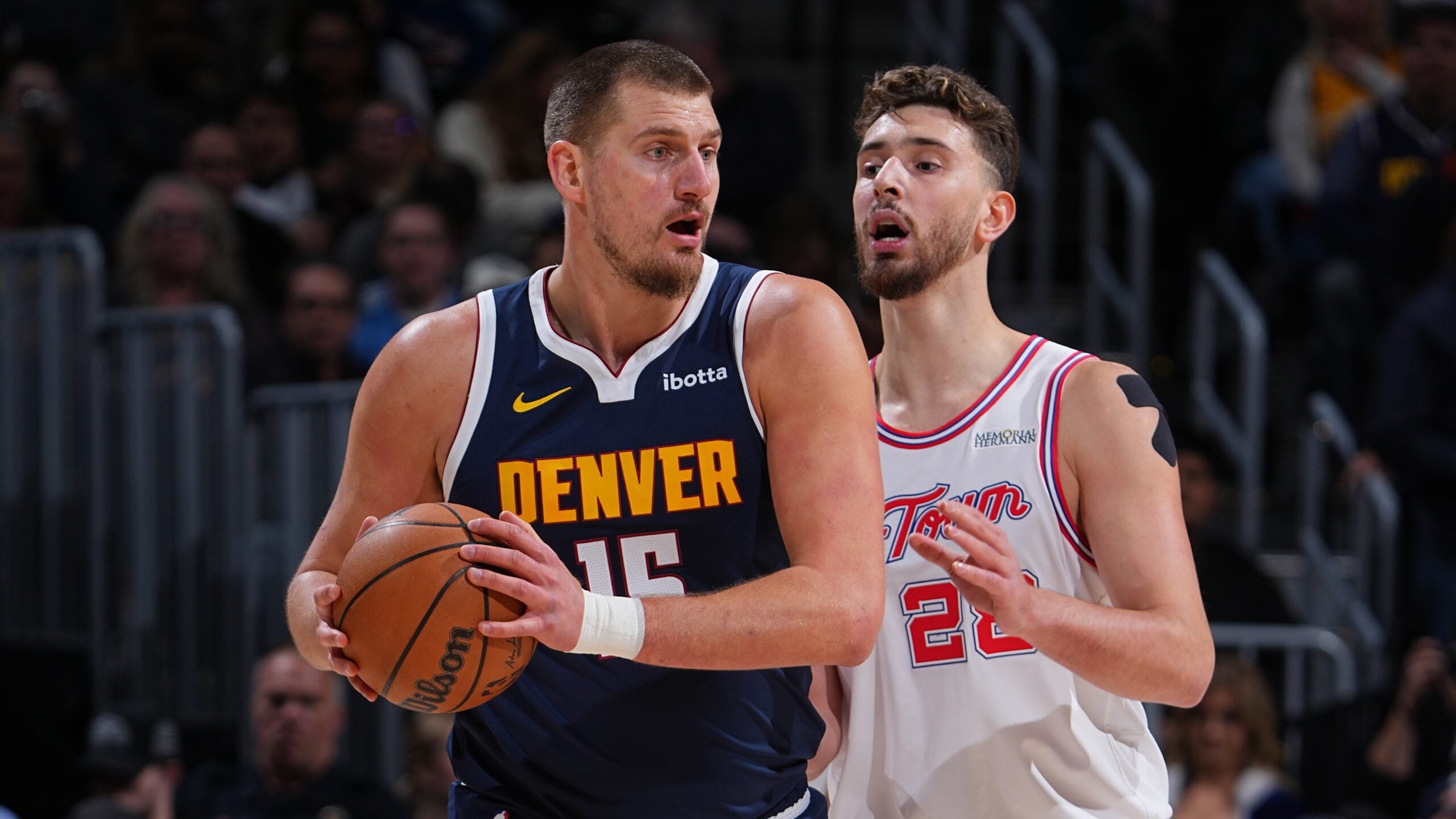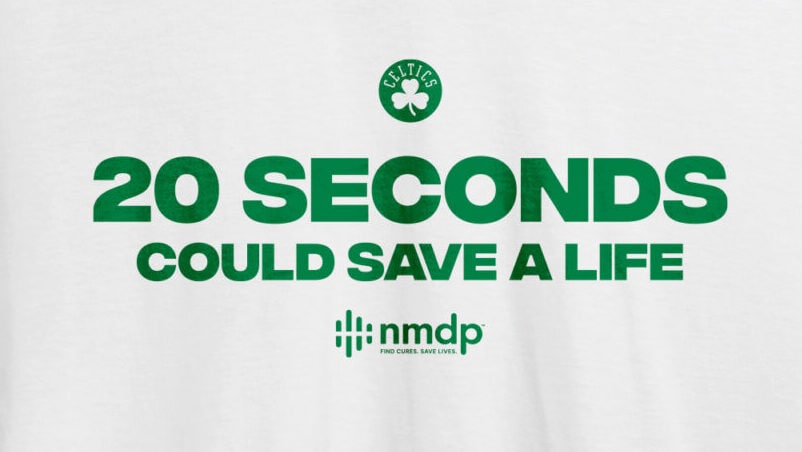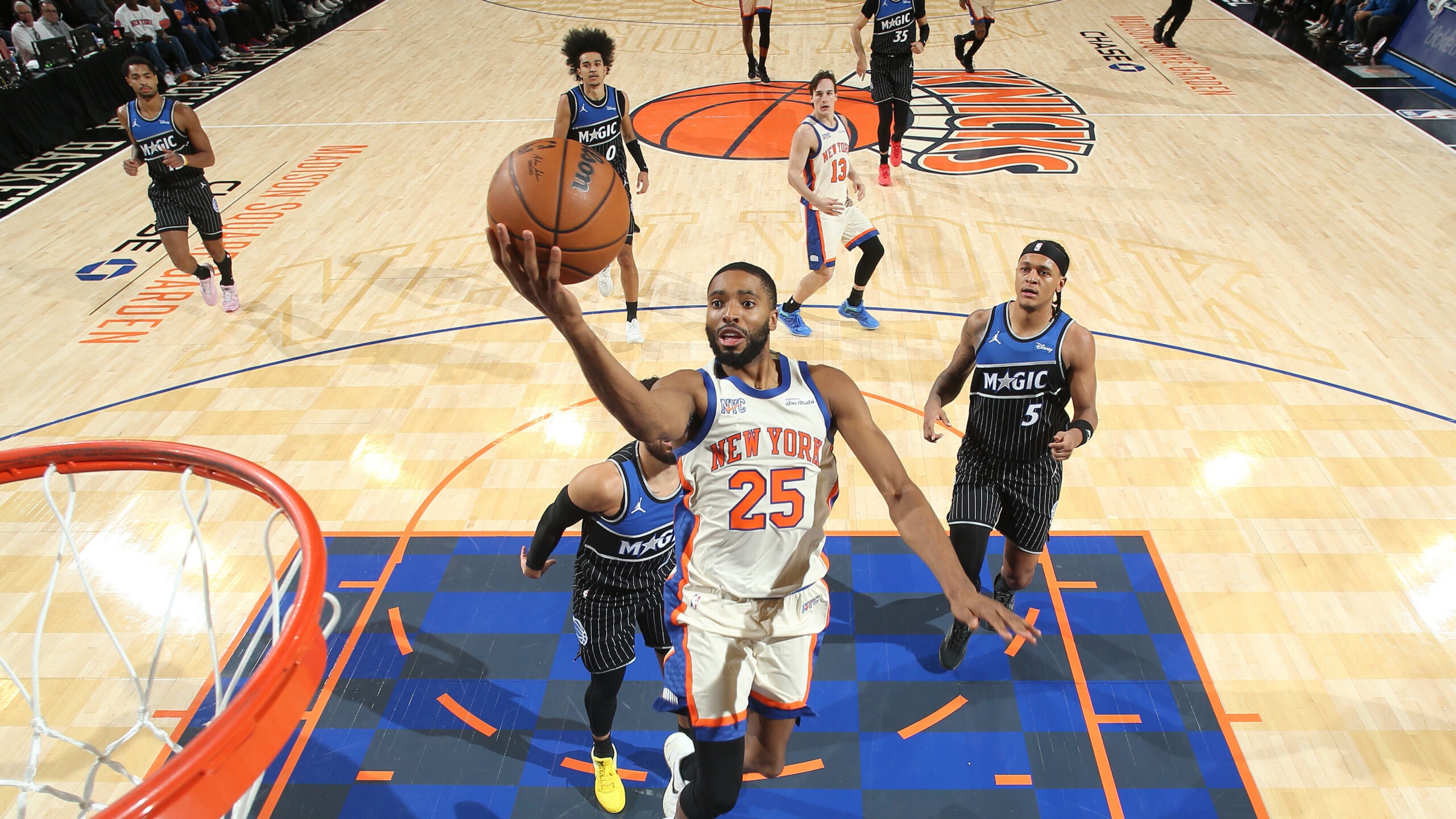OAKLAND — It’s tricky giving Doug Moe the credit he’s due as one of the godfathers of today’s fast-paced, big-scoring, offensive-minded style of pro basketball. There’s no book to prove it.
No Tex Winter textbook to dust off and revive the way Phil Jackson did with the triangle offense. No newer, shinier “Seven Seconds Or Less” account of Mike D’Antoni’s high-revving system crafted in Phoenix and practiced these days in Houston.
There’s no book dedicated to Moe’s preferred style of play for the San Antonio Spurs and the Denver Nuggets in the 1970s and ‘80s. And even if there was, it would be a richly bound volume of blank pages.
“Nobody knew what the hell we were doing,” Moe said back then. “Other coaches were diagramming our plays on the blackboard, and we weren’t running any.”
The man who turned nothing into a real cool hand and usually had the last laugh on Sunday was named the 2018 recipient of the Chuck Daly Lifetime Achievement Award, presented by the National Basketball Coaches Association. Moe, 79, was scheduled to be honored at Oracle Arena about an hour before tipoff of Game 2 of The NBA Finals.
A former ABA star who broke into coaching as an assistant to Hall of Famer Larry Brown, Moe compiled a 628-529 (.543) record in four seasons with the Spurs (1976-1980), 10 with the Nuggets (1980-1990) and one with the 76ers (1992-93). He did it with a system built on ball movement, screens, cuts and a commitment to players holding the ball for no longer than two seconds.
It relied more on instinct, reflexes and athletic ability in reacting to whatever look the defense gave, rather than on some high-minded philosophy of Xs & Os. Among the Hall of Fame players who thrived in Moe’s style: George Gervin, David Thompson and Alex English.

“In the 1970s and 80s, Doug Moe established a pace-and-space game that was decades ahead of its time,” said Dallas Mavericks coach Rick Carlisle, also president of the NBCA who made the presentation. “Congratulations to a true visionary on this special recognition of innovation and accomplishment.”
Moe called his offense “the passing game” only because that sounded better – at least to the owners signing his paycheck – than describing it as the freelancing, read-and-react style it was. He playbook, as he described the style Sunday, was about this thick: “Go out there, do what you want. Have a good time. Just make sure we win the game.”
“People think we just roll the ball out there and play, and to some extent that’s true,” Moe told the Chicago Tribune in January 1988, midway through his NBA Coach of the Year award season. Denver went 54-28 in 1987-88 and reached the playoffs, marking the 10th of 12 appearances there for Moe-coached teams.
“But it takes discipline to play in our system,” Moe said. “Basically what we`re trying to do is keep teams off balance, not let them get set. We`re pretty good defensively. We`re not a great shooting team. But we get up more shots than our opponents, which allows us to shoot a little poorer. Our whole philosophy is to attack.”
In the decade that Moe coached the Nuggets, they led the NBA in scoring six times, finished second twice and ranked third once. The 1981-82 team averaged 126.5 points per game, which remains the highest single-season scoring average in league history. Of course, they gave up 126 points per game, also a record.
Moe was Denver’s coach on Dec. 13 1983 when the Nuggets scored 184 points – and lost to Detroit, which scored 186 in the triple-overtime affair. The Pistons were coached that day by Daly.
Moe also grasped early what so many basketball experts have come to only recently: the concept of pace and how it related to the game’s numbers.
“Most of my career, we’ve been first in offense and last in defense,” Moe told Sports Illustrated during his time in Denver. “But what people don’t realize is that total scores have nothing to do with defense or offense, just the pace of the game. It’s the dumbest statistic ever, totally wacko, and yet everyone uses the total scores as an indication of the kind of defense you play.
“I may not be the smartest guy in the world, but as long as people go by that stat, I know there’s someone out there dumber than I am.”
The above quotes provide a glimpse of Moe’s other distinguishing characteristic as an NBA coach. He was in it as much for the fun as for the competition or the cash. While any book on his offense might be nothing more than blank pages, an anthology of his wit and street-variety wisdom might require a second volume.
“Doug was the original free spirit,” said longtime NBA writer Mike Monroe, who spent most of his career in Denver and San Antonio. “He was the ringleader of all kinds of stuff.”
Moe was notorious for his short and casual practices. He irritated the more button-down, whistle-toting types among his coaching brethren. He could get furious on the sideline while a game hung in the balance — one broadcaster called him “bilingual,” for Moe’s mastery of both English and profanity — and in 1979 former NBA commissioner Larry O’Brien once fined him $5,000 for suggesting in a postgame remark that the night’s referees “be set before a firing squad.”
After a sufficient cooling-off period, though, that and every other game was over. Moe had an ability to move on almost blithely, like few in his profession.
“When Doug gets on you, his voice cuts through to your soul,” Kiki Vandeweghe, currently NBA Executive Vice President, Basketall Operations, once said while playing for Moe in Denver. “If you play poorly, he’ll yell and scream and hate you during the game. But after the game you can still be the best of friends.”
Monroe talked about Moe’s penchant for needling anyone and everyone, particularly those of whom he was most fond. ‘“Dips’ is what he called you,” Monroe said. “And he’s the head dip[bleep]. He has his ‘Dip lunches,’ where everybody was insulting and busting on each other. The only rule: no basketball talk. And Doug would always pick up the tab.”
A native of Brooklyn born in 1938, Moe was recruited to the University of North Carolina. While home one summer, he was offered a bribe to participate in a point-shaving scheme. He declined it but traveled out of friendship with another player to meet with the gambler. When Moe accepted $75 offered for his traveling expenses to and from the meeting, he put himself in the crosshairs of a legal crackdown on collegiate basketball at that time.
Drafted by the Chicago Packers in 1961, Moe — though cleared — wound up blackballed in the NBA. He played professionally for a couple of seasons in Italy, then came back to the States when the American Basketball Association opened for business in 1967. He was a three-time All-Star in that upstart league, playing for four teams in five seasons, before knee problems ended his playing career.
That’s when his pal Larry Brown sought him out as an assistant coach, a role Moe, without any prodding, would have been happy to hold for life. Ambition is not high on his list of life’s priorities.
“My big advantage over other people,” Moe said when he was 50, “is that I’ve always been less mature than my age. Even though my body is old and I can barely walk, mentally I’m still 12.”
For instance, he has always called his wife “Big Jane” for “no particular reason” despite her normal stature.
Despite his career-long quest for fun and flippant approach to many topics, Moe does sound proud of his place in crafting an offensive approach more embraced than ever in the NBA. He was thrilled back in the ‘70s when the league adopted the ABA’s 3-point shot, the cornerstone of today’s game.
The question is inevitable: If the 3-pointer were more widely embraced in the 1980s, would Moe’s have exploited it? Keep in mind, those 1981-82 Nuggets that averaged 126.5 point took a total of 149 3-pointers that season, making just 40.
The average team in 2017-18 shot 2,378 3-pointers and made 860 – yet averaged 106.3 points.
“I don’t think so,” Moe said Sunday at the Daly presentation. “[Our players] could shoot a 3-pointer anytime they wanted. It was up to the players. The problem is, you’ve got to be able to [make] ‘em.
“We only had one or two guys who ever shot threes. Then we had great scorers in [Alex] English, Kiki Vandeweghe and Dan Issel. So at that time, we didn’t need quite as many threes. But they were free to do whatever they wanted.
“It was a fun way to play and, after you play it a while, the players don’t want to run plays. If things started going bad, I’d threaten to run plays and they’d always start playing better.”
The NBCA Daly award, which honors the Naismith Basketball Hall of Famer and original “Dream Team” coach, is chosen by the Award Selection Committee. Its members include: Bernie Bickerstaff, Billy Cunningham, Joe Dumars, Phil Jackson, Gregg Popovich, Pat Riley, Donnie Walsh and Lenny Wilkens.
Previous recipients are Al Attles and Hubie Brown (2017), K.C. Jones and Jerry Sloan (2016), Dick Motta (2015), Bickerstaff (2014), Bill Fitch (2013), Pat Riley (2012), Wilkens (2011), Tex Winter and Jack Ramsay (2010) and Tommy Heinsohn (2009).
Steve Aschburner has written about the NBA since 1980. You can e-mail him here, find his archive here and follow him on Twitter.
The views on this page do not necessarily reflect the views of the NBA, its clubs or Turner Broadcasting.





